Non-domestic rates, the energy profits levy (EPL), VAT – the list goes on in terms of the charges businesses are liable for in the pursuit of turning a profit.
Others such as the proposed “tourist tax”, airport drop-off charges and alcohol duty also affect their trade.
Almost of all of these have generated considerable disquiet over their implementation.
This continues today, with many businesses still reeling from the impact of the Covid pandemic and, in quick succession, rampant inflation and a severe cost-of-living crisis.
Business rates
Let’s start with business rates.
North-east firms have long complained they are unfairly treated by a business rates system which left them shouldering much bigger bills, based on rental values from before the impact of the last oil and gas downturn started to be felt across the region.
But many were pleased to see a reduction in rateable values (RVs) for their properties last year.
And a freeze in the annual rate poundage, the multiplier applied to the RV to determine what is payable annually, meant many ratepayers started paying less from April 1 2023.
Poundage rate freeze
John Swinney, acting finance secretary at the time, introduced the freeze after intense lobbying from businesses.
Some bills were reduced by as much as 60% as a result of the rates revaluation.
Of course, not everyone enjoyed reduction in their business rates. Many RVs increased, most notably in the hospitality sector.
Business rates: Why do we have them, who pays and how are they calculated?
Meanwhile, an overhaul of the Scottish system of assessing non-domestic rates has made the process of lodging an appeal more cumbersome.
Stuart Johnston, a partner and head of commercial, north Scotland, at chartered surveyors DM Hall, told us last year the process now required the ratepayer – or more likely their property advisor – to present a fully stated case, including all supporting evidence, at the point of submitting an appeal.
Empty property relief not stopping good buildings getting knocked down
In another fairly recent change, the Scottish Government has devolved the determination of empty property relief to Scotland’s 32 local authorities.
It’s fair to say this relief has never really been attractive enough to stop decent buildings being demolished in order for their owners to avoid rates liabilities sometimes running into hundreds of thousands of pounds.
Commercial property vacancy rates in Aberdeen have remained stubbornly high since the pandemic, amid challenging economic conditions and changing trends in retailing.
Additional specific relief for those sectors or businesses that remain the most challenged, including retail and hospitality, would be “extremely welcome”, Mr Johnston told us in January 2023.
It could also help with the much-needed regeneration of our town and city centres, he added.
Ongoing economic challenges make the need for this kind of help just as relevant today.
High business rates make Elgin High Street a ‘no-go zone’ for ambitious Moray businesses looking to expand
And it’s not just Aberdeen – many businesses across the north and north-east are being thwarted in their expansion plans by the burden of rates.
Peter Ralston, who runs gaming and collectables enterprise The Pop Shop on Thunderton Place, Elgin, recently told us he’d love to move expand it into new premises on the town’s High Street.
However, he fears these aspirations may remain dreams forever without changes to support local businesses.
Mr Ralston added: “If I move up to the next size of property, then I would have to start paying business rates
“Being on the High Street should be what everyone wants. It has more footfall which usually means people notice your business more. I would prefer to be on the High Street, but it’s just out of range at the moment.”
Another Elgin retailer, Graham Flett at Sound and Vision on South College Street, said “ridiculous” business rates meant it would be advantageous to move to a smaller shop.
Energy profits levy/windfall tax
The EPL, or windfall tax as it widely known, is one of the main drivers behind fire warnings about an estimated 100,000 job losses in the UK North Sea energy industry.
In his Spring Budget, Chancellor Jeremy Hunt confirmed the windfall tax was to be extended by a year until 2029.
The move was widely anticipated – but also feared among the many of the tens of thousands of people and businesses who make their living from the North Sea industry.
Cutting or halting the EPL was also previously a central demand of Scottish Tories chasing north-east votes in the general-election. But their pleas, ultimately, fell on deaf ears at UK level.
The EPL was introduced in May 2022 in response to soaring household energy bills and skyrocketing industry profits.
It charges oil and gas firms an extra 35% tax on the money they make in the UK.
Labour has warned it will extend the duration of the levy by another year if it wins the forthcoming general-election.
Under current arrangements, the levy could be scrapped altogether if oil and gas prices fall substantially but industry experts don’t expect this to happen.
Keeping the windfall tax until 2019 – it was previously due to be abolished in March 2028 – will likely raise around £1.5 billion for the Treasury, Mr Hunt said.
100,000 North Sea jobs said to be at risk
According to Russell Borthwick, chief executive of Aberdeen and Grampian Chamber of Commerce (AGCC), tens of thousands of North Sea jobs may have already been shed from the sector by then.
AGCC’s 39th Energy Transition report, published earlier this month, highlighted a sharp decline in work across production, exploration and renewables as investors await the outcome of the general-election.
And it warned the next UK Government will have just 100 days to save 100,000 jobs in the sector.
Value added tax (VAT)
The standard VAT rate is 20%. It applies to most goods and services.
There is a reduced VAT rate of 5% for goods and services including some health products, fuel, heating and car seats for children.
Zero-rated goods and services include most food, books and clothes for children.
The hospitality sector has pointed to the VAT system as a means of helping it escape the ravages of Covid and a severe cost-of-living crisis, hitting its customers in their pockets.
Wetherspoon’s campaign on VAT
And one of the UK’s top pub chains, JD Wetherspoon, regularly complains about a perceived unfairness in the rules.
In full-year results published on March 22, Wetherspoon again highlighted a need for tax equality between the off-trade, which consists mainly of supermarkets, and the on-trade – mostly pubs, clubs and restaurants.
Pubs, clubs and restaurants pay 20% VAT in respect of food sales, while supermarkets pay nothing.
According to Wetherspoon, supermarkets also pay far less business rates per pint or meals than pubs.
The (UK) government would generate more revenue and jobs if it were to create tax equality among supermarkets, pubs and restaurants.” Wetherspoon
Tim Martin, the group’s founder and chairman, said: “It does not make economic sense for the tax system to favour mainly out-of-town supermarkets over mainly high-street pubs.
“This imbalance is a major factor in town centre and high street dereliction.”
And in the firm’s latest annual report, Mr Martin said: “The (UK) government would generate more revenue and jobs if it were to create tax equality among supermarkets, pubs and restaurants.
“Supermarkets pay virtually no VAT in respect of food sales, whereas pubs pay 20%.
“This has enabled supermarkets to subsidise the price of alcoholic drinks, widening the price gap, to the detriment of pubs and restaurants.
“Pubs also pay around 20p a pint in business rates, whereas supermarkets pay only about 2p, creating further inequality.”
He added: “Pubs have lost 50% of their beer sales to supermarkets in the last 35 or so years. It makes no sense for supermarkets to be treated more leniently than pubs, since pubs generate far more jobs per pint or meal than do supermarkets, as well as far higher levels of tax.
“Pubs also make an important contribution to the social life of many communities and have better visibility and control of those who consume alcoholic drinks.
“Tax equality is particularly important for residents of less affluent areas, since the tax differential is more important there – people can less afford to pay the difference in prices between the on and off trade.
“As a result, in these less affluent areas, there are often fewer pubs, coffee shops and restaurants, with less employment and increased high-street dereliction.”
Wetherspoon chief hits out over Scottish business rates
Mr Martin has also frequently complained about Scottish business rates, suggesting they have become a “de facto sales tax”, based on the sales performance of the occupier.
In the annual report, Wetherspoon’s chairman said: “Business rates are supposed to be based on the value of the building, rather than the level of trade of the tenant.
“This should mean the rateable value per square foot is approximately the same for comparable pubs in similar locations.
“However, as a result of the valuation approach adopted by the government ‘assessor’ in Scotland, Wetherspoon often pays far higher rates per square foot than its competitors.”
‘Tourist tax’
Meanwhile, new legislation to give Scottish local authorities additional powers to raise funding for tourism facilities has made its way through parliament.
The new Visitor Levy (Scotland), or ‘tourist tax’ will let councils apply a charge on overnight stays.
It is expected the money raised will be reinvested in new facilities and services that are used by tourists, with visitors and local economies alike enjoying benefits.
Public finance minister Tom Arthur has insisted the levy will be a “force for good“.
He added: “This Bill is about giving local government a new power, which they can use as appropriate. It fits with our ambition of fiscally empowering local government and strengthening local democracy.”
Airport pick-up/drop-off charges
There are more localised “taxes” already impacting people and businesses.
Drivers picking up or dropping off visitors at Aberdeen International Airport must pay a flat fee of £5.50, and make sure they stick to the a maximum time limit of 15 minutes.
However, there is 60-minute free parking at the airport’s long stay car park.
There was controversy earlier this year when it was announced the drop-off fee for the airport’s official taxi firm would rise by 150% – meaning passengers would pay an extra £3 for every journey, going from £2 up to £5.
Inverness Airport is free for up to 10 minutes and charges £3.50 for staying between 10–30 minutes.
Treasury coffers still boosted by 73% of UK whisky sales
The chancellor announced a duty freeze across all four alcohol categories in his Spring Budget.
But tax still makes up 73% of the cost of an average bottle of whisky in the UK.
Producers have campaigned for years for the Treasury to reduce its hefty cut from domestic sales of Scotland’s national drink
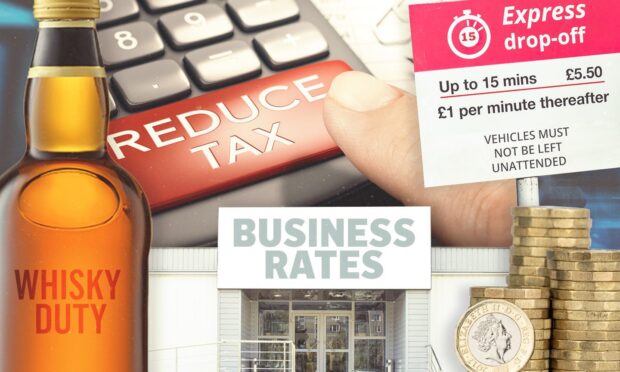



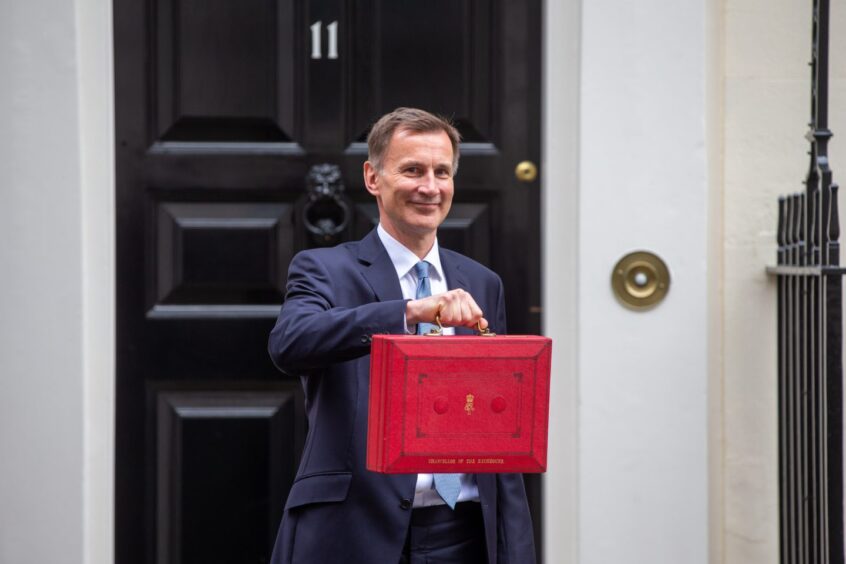
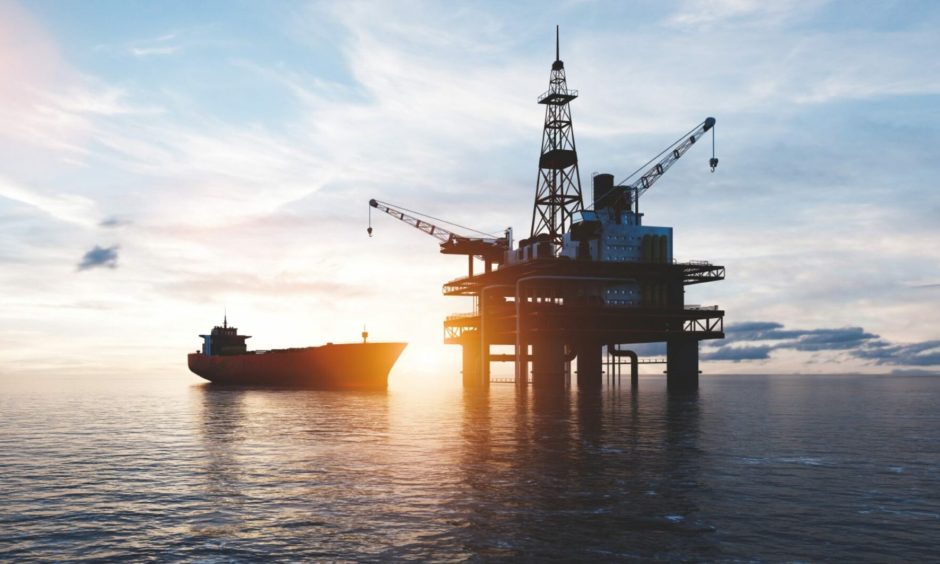
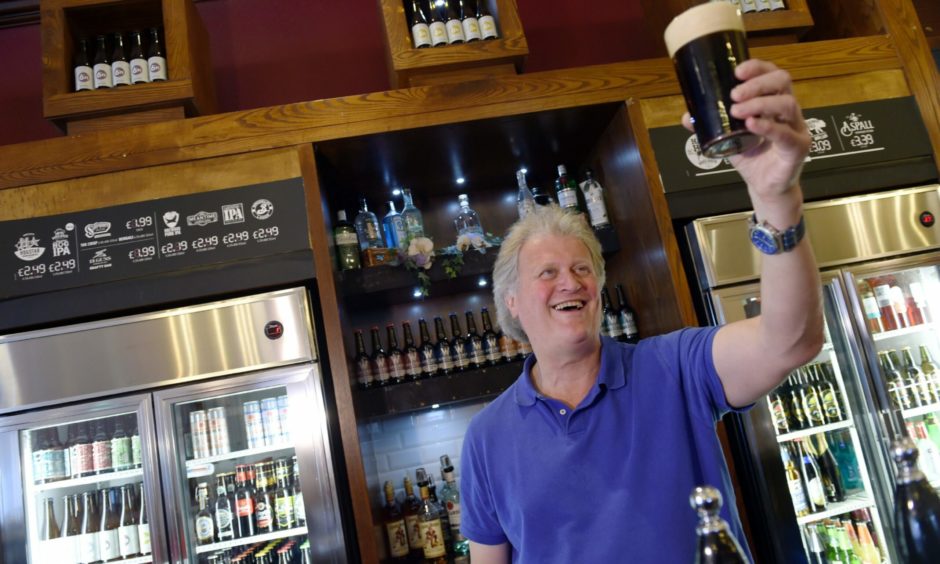
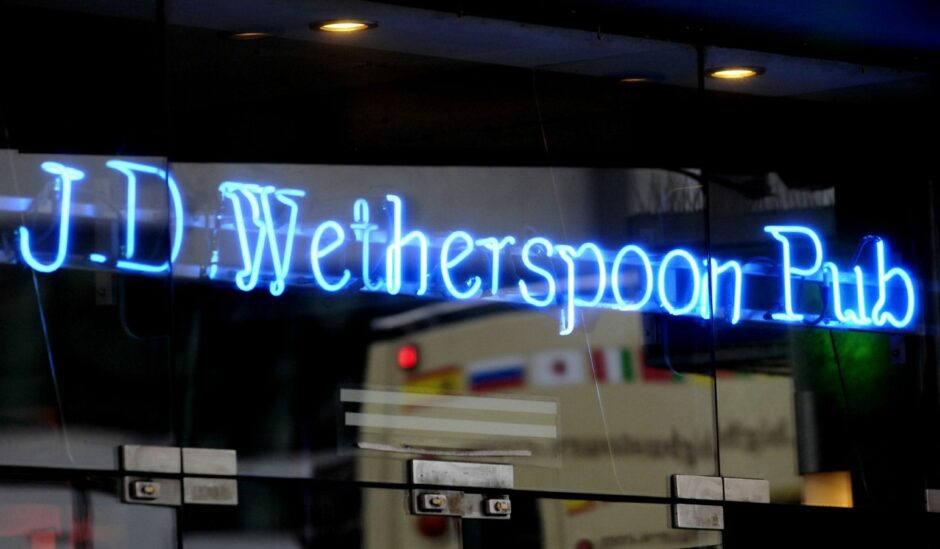
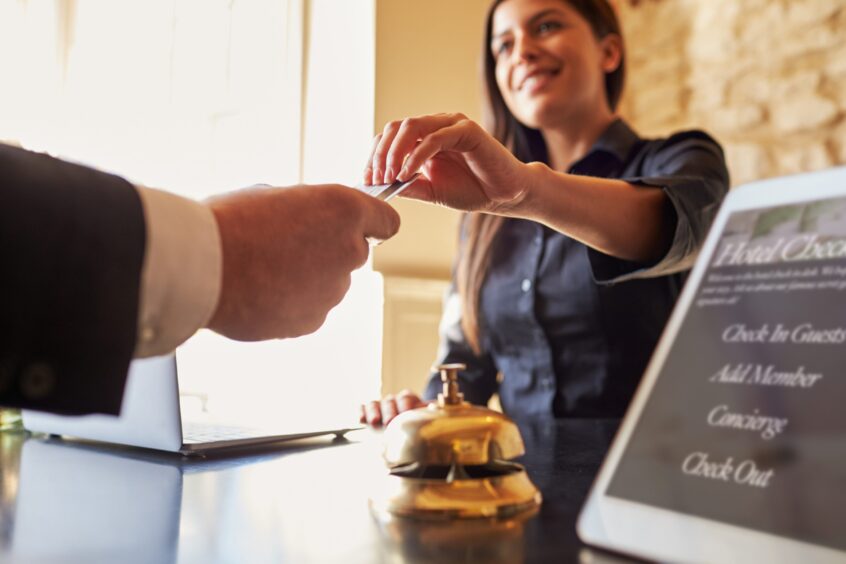
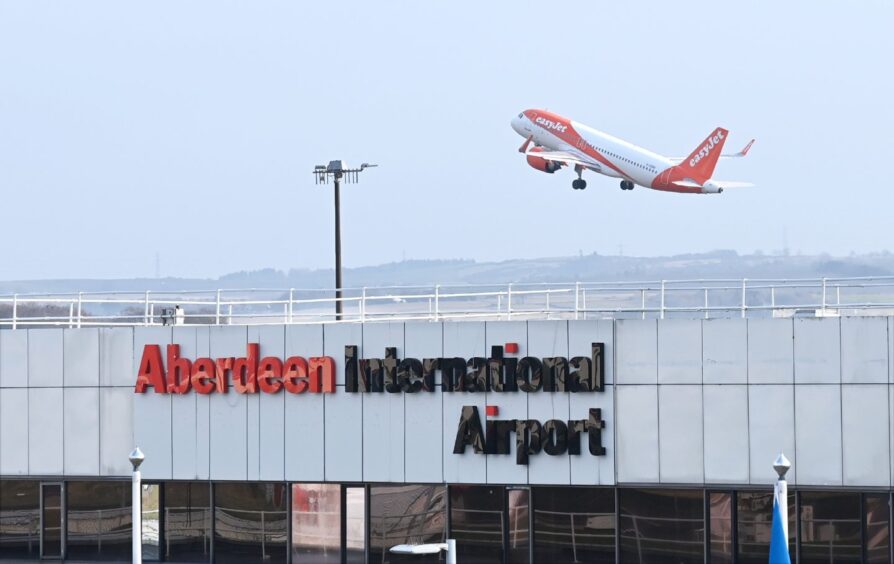
Conversation